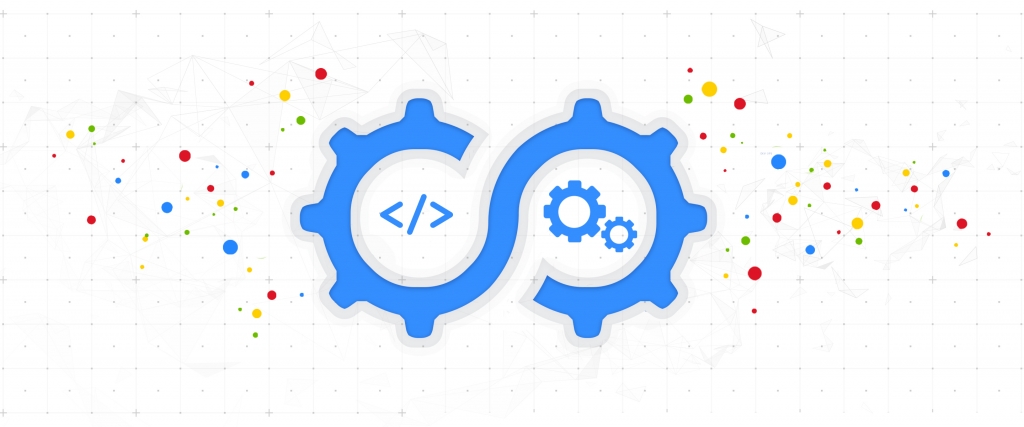There is a big myth about the DevOps team. People used to think DevOps team consists of developers and IT operators, sometimes Quality Assurance (QA) engineers are included too. But in reality, the team is a little different. DevOps team does not consist of different specialists. It consists of DevOps engineers and might have different internal roles. So, there are not any developers or QA specialists. DevOps methodology, of course, works with all the development processes and affects all involved specialists. That’s why the myth about Devs, Opses and QA arises.

Roles in DevOps team
A team can consist of different roles. It depends on the project. Let’s consider the common roles in the DevOps team.
- Product owner (PO). This is a person who interacts with a client and with a customer. We can say, PO is a customer representative. This team member knows all about the project – how it should work, what infrastructure is needed, what functions are needed firstly, etc. PO can be located on both sides: customer’s and team’s.
- Team lead (TL). Team lead manages the team’s work, assigns roles in the team and distributes responsibilities. Usually, TL is the most experienced DevOps engineer in the team who really knows how to do things best.
- Cloud architect (CA). Such a DevOps engineer has experience in designing cloud infrastructure. CA designs, creates and implements the infrastructure for the project.
- Security engineer (SE). This is a person who makes sure that all the workflows and data are safe. SE maintains the security of infrastructure, software, etc.
- Site reliability engineer (SRE). This specialist also maintains the processes that include reliability and availability of the software and its environment.
- DevOps system administrator. This person monitors the work of the infrastructure and software. Usually, this is a young specialist who needs do gain experience for migration to other roles.
As you can see, there are no developers and QA operations. They have their own teams. Also, the DevOps team can contain more or fewer roles. The bigger project you have, the bigger team you will work with.

It is important to note, the DevOps team works with the other teams in your project. This is the only way to implement DevOps philosophy on all layers – from the technical part to relationships in the team.
Where can you find a DevOps team?
If you want to implement DevOps methodology, you definitely need to hire the DevOps team. There are two basic ways to do it:
- hire an in-house team;
- hire the DevOps outsourcing team.
The first way is more complicated. You should allocate resources for recruiting processes and spend a lot of time. You should make a lot of interviews, long searches and after hiring spend time on making the team cohesive. Finding experienced DevOps specialists is very hard process because they usually have a job and don’t want to leave it. Such specialists are quite expensive, so cost-efficiency lowers. Also, you might have problems if one of the key team members leave. This situation can lead to the pauses in the project or even to the end of the project. Thus said, all the efforts are justified if you want to become a Managed Service Provider (MSP) and provide your dedicated team services to customers in the future.

In other cases, the best way to implement a DevOps methodology is to hire an outsourcing team. This is cost-efficient, fast and simple. The hardest part is to find a reliable MSP. You should find feedback from previous customers and ask for successful cases. Also, you might ask about the implementation strategy and other things you’ve worried about.
Reliable MSP will clearly answer all your questions and will offer you the best strategy for your company. As a result, you’ll have all the benefits from DevOps methodology without any issues with hiring and retaining team members in-house.
